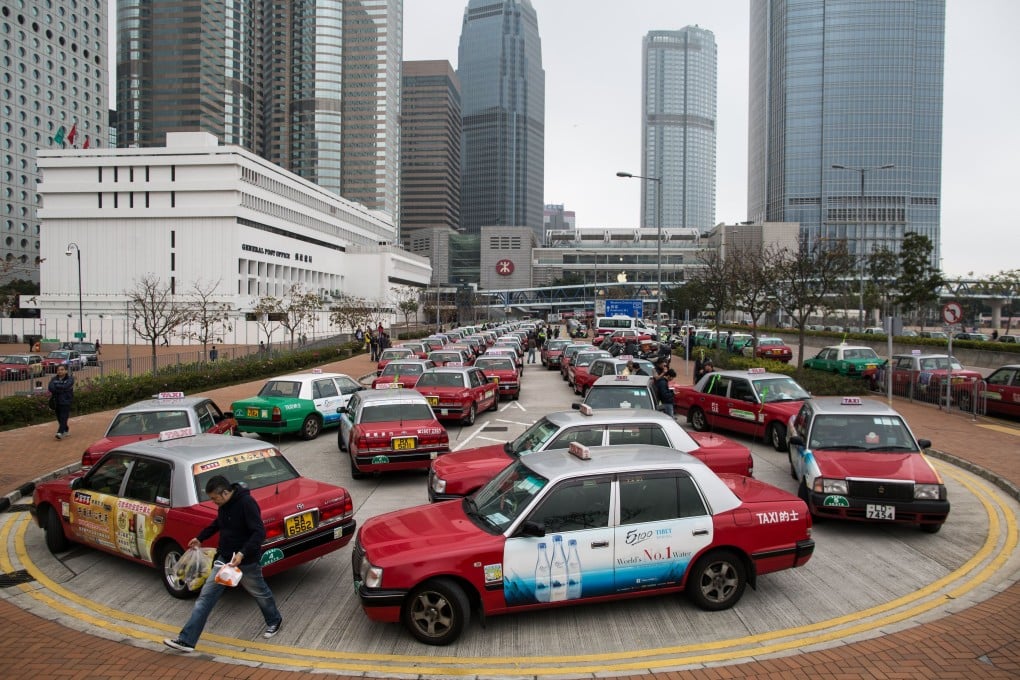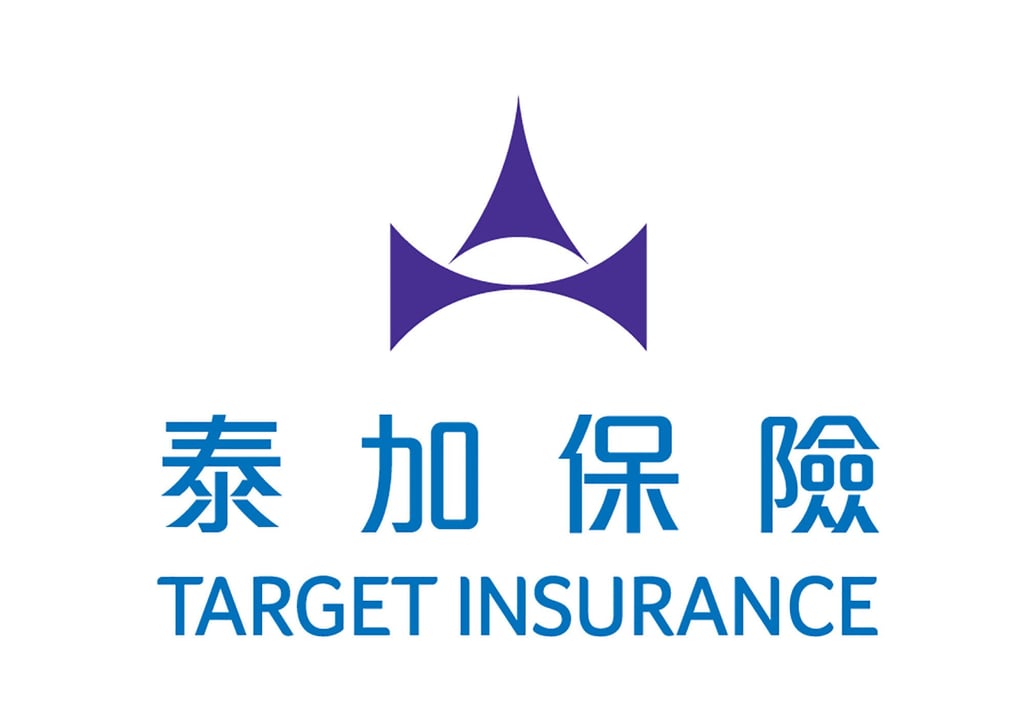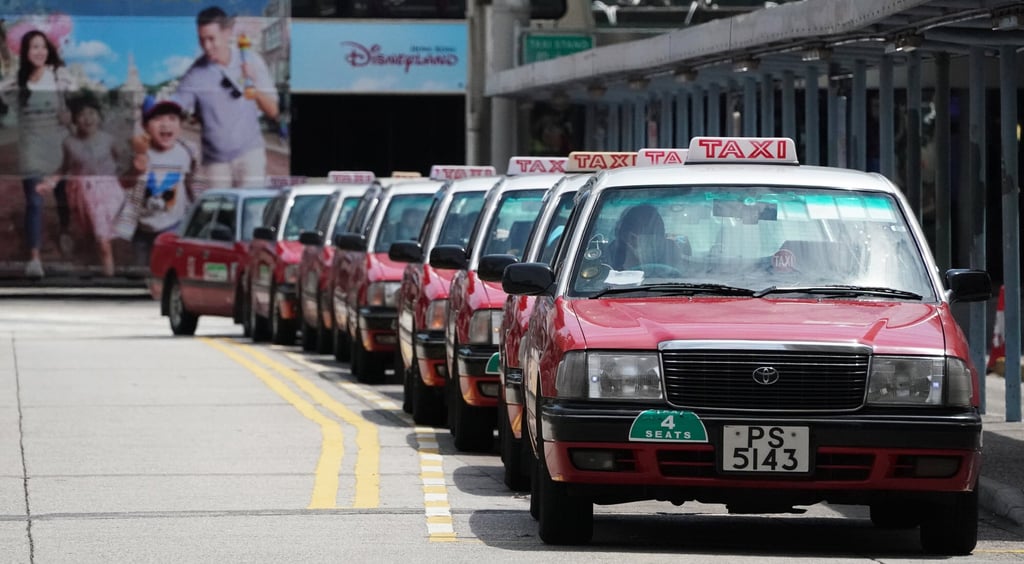Hong Kong’s Insurance Authority seizes control of Target after motor insurer left thousands of city’s taxis in the lurch
- The unprecedented enforcement action was aimed at “maintaining market stability and protecting policy holders’ interest,” the Insurance Authority said
- Target Insurance provides motor insurance coverage for minibuses and 60 per cent of the 18,163 taxis that ply Hong Kong’s streets

All the assets and businesses of Target Insurance Company Limited were taken over on Friday, in an enforcement aimed at “maintaining market stability and protecting policyholders’ interest,” according to Hong Kong’s Insurance Authority chief executive Clement Cheung Wan-ching.
The regulator appointed the liquidation expert Derek Lai Kar-yan, who is also vice-chairman of Deloitte China, to take over the management of Target Insurance, with the brief to report within a month about the insurer’s financial condition.
Lai and his team will maintain Target Insurance’s business as usual, but the company is barred from writing any new policies before the Insurance Authority can complete its investigation and ascertain the company’s financial situation, Cheung said.

“Our inspection found that Target was having difficulties operating, while its investment activities and asset allocation may have failed to follow the requirements of the Insurance Authority,” Cheung said.
Under the Insurance Ordinance (Cap 41), the insurance regulator has a wide range of investigative and enforcement powers to deal with insurers that fail to comply with the law, or engage in misconduct.
